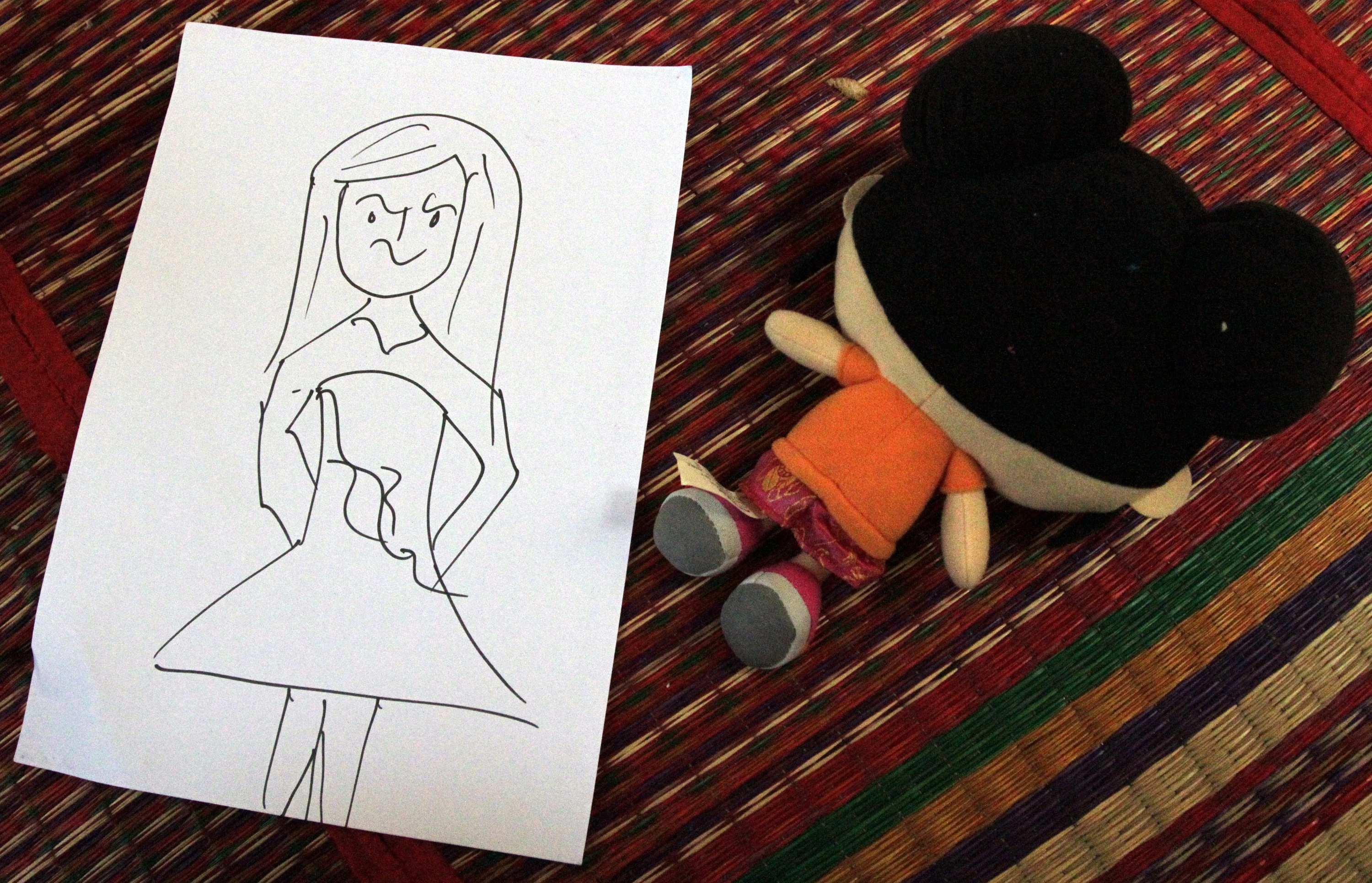Child abusers face life-long prosecution

There is no time limit on the suffering caused by child abuse and under a new change in Swiss law which took effect on January 1, victims will no longer face a time limit to file a criminal complaint against their abuser.
Despite opposition from the political and legal establishment in Switzerland, the statute of limitations has been removed for sexual or pornographic acts committed against children under 12. Up to now victims had until the age of 25 to take legal action.
The change has come about thanks to a people’s initiative launched by an organisation of concerned parents, but it has been a slow process. Marche Blanche submitted enough signatures to force a nationwide vote in November 2008 in which 52 per cent of the electorate accepted the proposed constitutional amendment.
The only other crimes for which there is no statute of limitations in Switzerland are genocide and crimes against humanity. There is a time limit of 30 years for prosecution for murder.
The new article of the Federal Constitution 123b removing the statute of limitations for prosecution and sentencing for sexual or pornographic acts involving pre-pubescent children came into force on the day of the vote, November 30, 2008.
The addition made it necessary to revise the law aimed at defining the term “pre-pubescent children” and “sexual or pornographic acts” in order to guarantee judicial security and a uniform application of the law.
The new dispositions defined pre-pubescent as a child below the age of 12.
(Source: Swiss justice ministry)
Exception
The exception for child sex abuse is justified, according to Oskar Freysinger, Swiss People’s Party parliamentarian and member of the 2008 initiative committee.
“Sexual abuse against a child for me is a crime against humanity. It’s the worst thing you can do because a child can’t defend itself,” Freysinger told swissinfo.ch.
“I am placing myself on the side of the victim who should have the right, if it helps their psychological recovery, to see their abuser brought to justice even if it’s 30 years later.”
Opponents of the reform argued that removing the statute of limitations was disproportionate and would not necessarily bring more abusers to justice. The then justice minister, Eveline Widmer-Schlumpf, explained that the move could lead to “disappointment and renewed traumatisation of the victims”.
Centre-right Radical Party parliamentarian Christa Markwalder said notably that scrapping the time limit would put such crimes on a par with terrorist acts or crimes against humanity.
Instead the government had proposed extending the statute of limitations to 15 years after the victim turned 18.
But as many high-profile cases have shown, victims can still come forward decades after the abuse, especially when a serial abuser is exposed.
In Switzerland’s worst ever abuse scandal, which came to light in 2011, a care worker who allegedly abused more than 120 mentally disabled children and adults in residential homes will only be prosecuted in a quarter of those cases.

More
Psychiatric help for dangerous inmates
Wrong signal?
Legal experts question whether the change in the law will result in more convictions. Zurich public prosecutor Markus Oertle told swissinfo.ch doing away with the statute of limitations sent the wrong signal to victims.
“It is a signal to them that they can wait to file a complaint. But for successful prosecutions it is very important that as little time as possible passes between the offence and the complaint,” he said.
There is a logic behind the statute of limitations, he added. “It makes sense insofar as it prevents unnecessary prosecutions, those which have little chance of success because the further back the crime lies, the harder it will be to prosecute successfully.”
However, Oertle does not think the justice system will be overloaded with new cases in 2013. “It will only have an impact after a certain time because it is not retrospective before November 2008. Offences that had passed the time limit for prosecution before then will remain statute-barred.”
Past and present
This means no legal redress for the victims of the sexual abuse in church and state-run institutions, many of whom are only now coming forward as awareness increases of this dark chapter of Swiss social history.
In the course of a recent investigation by the canton of Lucerne and the Catholic church into children in care in 15 institutions from 1930 to 1970, more than half of those interviewed described incidents of sexual violence. These victims will never have their day in court.
In more recent times the proliferation of child pornography online has added a new dimension to the crime of abuse. One of the arguments put forward by the initiative campaigners was that prosecutors should be free to pursue offenders based on photographic or video evidence that might emerge many years after the crime.
It is estimated that up to one in four women and one in ten men in Switzerland have experienced sexual abuse in their childhood.
This includes one-off incidents and non-contact offences, such as exhibitionism.
Two thirds of victims are girls, one third boys.
The age group most affected is from seven to 12.
Some children experience this form of violence just once, others suffer repeated abuse, sometimes over years.
(Source: Swiss Child Protection Association)
Life sentence
In 2011, 1,403 people were charged with sexual activities involving children in Switzerland, according to the Federal Statistics Office. The unreported incidence of child abuse is estimated to be much higher.
Swiss author Iris Galey, who wrote about her own experience of abuse in her 1981 book “I couldn’t cry when Daddy died” (translated into eight languages), spoke out in favour of the initiative because, she said, it was about taking victims more seriously.
“So many offenders get away lightly and the victims have life sentences. It damages you deeply, especially relationships,” she told swissinfo.ch.
Galey’s father shot himself two days after she reported the abuse, which started when she was nine. Her mother didn’t believe the allegations and that was the end of Galey’s family life.
“I was sent away at 14 like a scandal and could never re-establish myself. The policewoman in 1951 believed me but no one ever talked to me about the incest or the suicide and I never recovered.”
Leaving the door open to prosecution is not about retribution, according to Galey. “It’s about fairness and believing the victim but it’s also about the abuser facing the truth before they die.”
In the lead-up to the statute of limitations vote, Widmer-Schlumpf warned that the change would be counterproductive, causing more hurt to victims whose cases were unsuccessful. The day after the vote, Geneva’s Le Temps newspaper ran the headline “The Victims’ Victory”.
With the law finally in force, the way is now clear for the legal system to put this assertion to the test.

In compliance with the JTI standards
More: SWI swissinfo.ch certified by the Journalism Trust Initiative

You can find an overview of ongoing debates with our journalists here. Please join us!
If you want to start a conversation about a topic raised in this article or want to report factual errors, email us at english@swissinfo.ch.